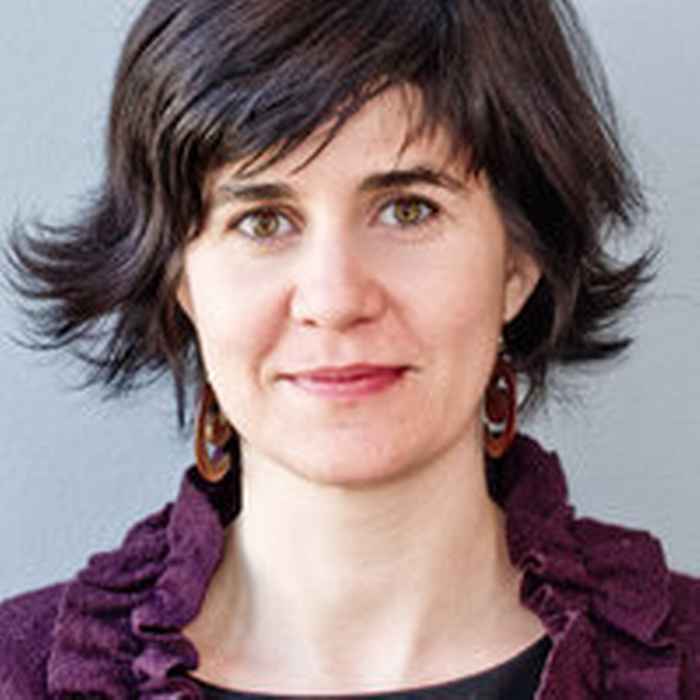How (not) to justify refugee selection?
Unjust hierarchies, ‘connected histories’ and institutional racism
- Date
- 16 February 2023
- Time
- 15:30 -17:00
- Room
- REC B3.09

What, if any, are valid moral grounds for giving some displaced persons preferential access to protection over others? This lecture contributes to the philosophical debate on legitimate selection criteria, through a practice-sensitive approach that takes into account to the domain and broader socio-historical context of selection.
Domain, social practices, time & history
First, Kollar will focus on the moral salience of domain. She argues that the moral evaluation of selection criteria differs in the morally discretionary domain of ordinary admissions vs. the morally obligatory domain of refugee admission.
Secondly, she focuses on the salience of social practices of refugeehood embedded in the international state system. She argues that the humanitarian vs. political interpretation of refugeehood makes a difference to what counts as acceptable selection criteria.
Finally, she brings into focus the salience of time and history, and argues that the connected histories of colonialism, racialized border control and refugee policy should be properly accounted for in the normative justification of fair refugee selection policies. Viewed through a diachronic lens, seemingly race-neutral or ethno-culturally neutral selection criteria in asylum policies constitute instances of institutional racism.
Bio
Eszter Kollar is Associate Professor of Philosophy and Co-Director of the Justice & Migration Research Group at the Institute of Philosophy, KU Leuven. Her research focuses on the political philosophy of migration, economic life, and public health.
She is currently working on a book project theorizing fairness in labour migration for Europe and the World; on the idea of reconciling global equality of opportunity and collective self-determination; and elaborating a relational egalitarian approach to global health and disaster ethics. Her research has appeared in Journal of Applied Philosophy, Ethics and International Affairs, Review of International Studies, and The Journal of Medical Ethics, among other venues.
Prof. Kollar is co-editor of the Review of Social Economics, an organizing member of the Global Justice Network, and member of the Economic Ethics Network. Previously she was the Interim Chair of International Political Theory at the Normative Orders Excellence Cluster at the Goethe University Frankfurt. She holds a PhD in Political Theory from the LUISS University of Rome.
